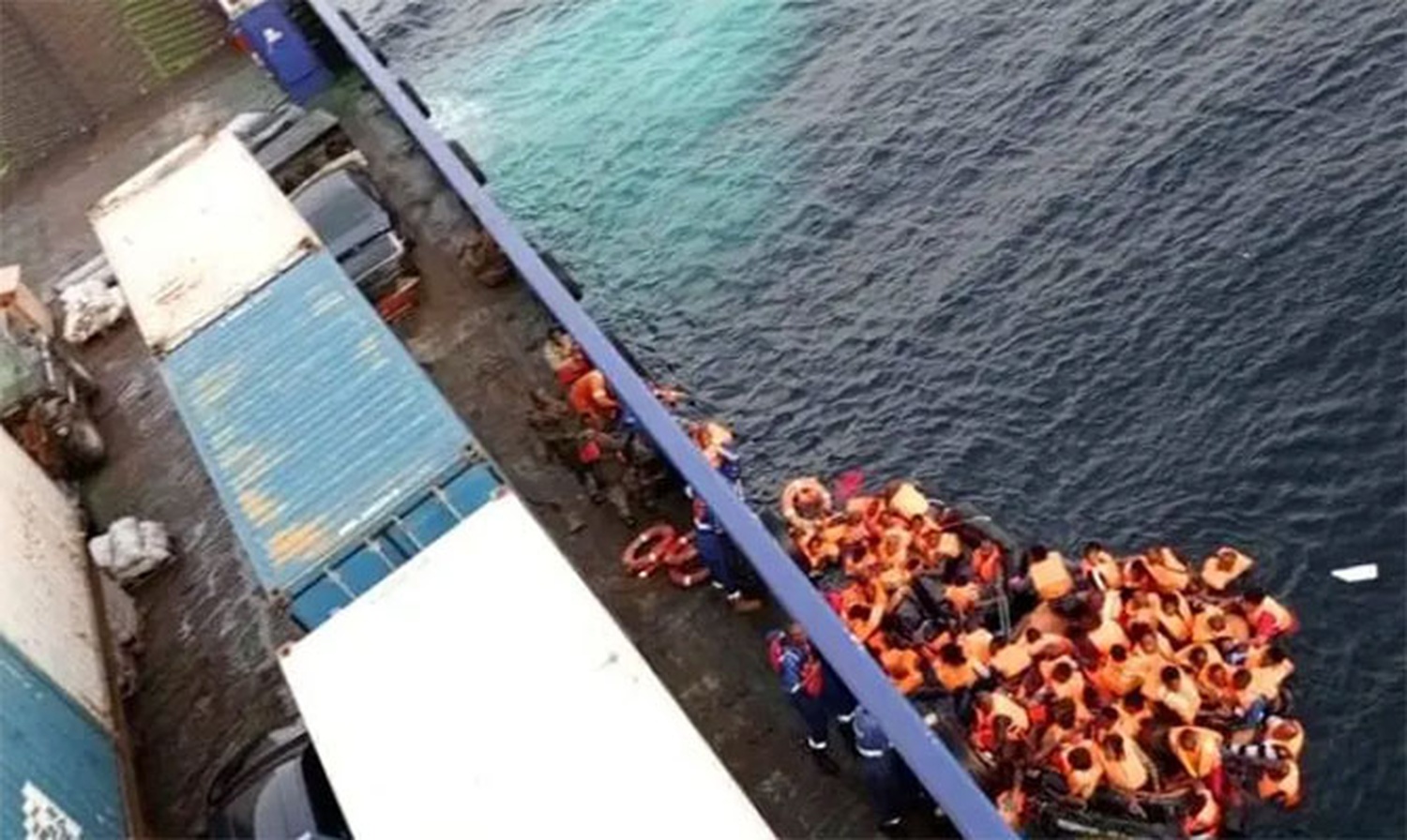Authorities in Gabon have brought charges against 21 individuals in connection with the tragic sinking of the Esther Miracle ferry. The incident, which claimed the lives of 30 passengers and left seven more missing, took place on March 9 and has since prompted a comprehensive investigation into the circumstances surrounding the disaster.
The Esther Miracle was a mini-ferry that operated between the Gabonese capital of Libreville and the oil port of Port-Gentil. The vessel was owned by Royal Cost Marine (RCM), a private company that has been operating in Gabon since 1998. According to official records, the ferry was carrying 161 passengers and crew members at the time of the accident. Only 124 people were rescued, while 30 were confirmed dead and seven others were reported missing.
The Gabonese government was quick to point to possible errors concerning the navigation permits issued for the mixed passenger and freight vessel. Survivors and families of the victims also criticized the slowness of the rescue operation. Dozens of people were then questioned in police custody as part of the investigation, including officials from the merchant navy, the Ministry of Transport, and executives from RCM.
Of “48 people referred to the prosecutor on 6 and 7 April”, “21 have been charged by an investigating judge with manslaughter, unintentional injury, failure to render assistance, forgery and use of forgeries and endangering the lives of others”, said the prosecutor André Patrick Roponat on Saturday on the public television channel Gabon Première. “Among them, eight have been placed under a detention warrant and two are being provisionally incarcerated,” he added, without giving any details on the people involved.
The incident has drawn attention to issues of maritime safety in Gabon and the transport sector as a whole. The country’s Prime Minister, Alain-Claude Bilie-By-Nze, stated on March 17 that there was “too much negligence, compromises, special treatment, and small arrangements” in the transport sector, promising “administrative sanctions without prejudice to criminal sanctions.” The Minister of Transport, Brice Paillat, resigned from his post the following day.
The investigation into the sinking of the Esther Miracle has also highlighted concerns about the regulation of the transport sector in Gabon. According to local media, the country’s National Agency for Maritime Affairs (ANAM) is responsible for issuing navigation permits for vessels, but the agency is said to lack adequate resources and personnel to carry out its duties effectively.
The sinking of the Esther Miracle ferry in Gabon has been a major source of concern and outrage for the people of the country, and has led to a range of criticisms and calls for action from various quarters. One of the key areas of criticism has been directed at Royal Cost Marine (RCM), the owner of the vessel, which has been accused of operating the ferry without the necessary permits and of failing to ensure its safety.
RCM has vehemently denied any wrongdoing and has called for a fair and transparent investigation into the incident. However, many in Gabon remain skeptical of the company’s claims and are demanding accountability and justice for the victims of the disaster.
The tragedy has also brought to light the broader challenges facing Gabon’s transport sector. Corruption, lack of investment, and inadequate infrastructure are just some of the issues that have been highlighted by the sinking of the Esther Miracle. According to the World Bank, Gabon’s transport infrastructure remains underdeveloped and requires significant investment to improve its efficiency and safety.
The sinking of the Esther Miracle has underscored the urgent need for action to address these challenges and prevent similar incidents from occurring in the future. The government of Gabon has pledged to take steps to improve the regulation and oversight of the transport sector and to ensure the safety of passengers and crew members on board vessels operating in its waters.
These steps include strengthening the legal and regulatory framework governing maritime transport, improving the capacity and resources of the national maritime agency, and enhancing the training and qualifications of crew members and other personnel involved in the transport sector. The government has also committed to investing in the development of critical transport infrastructure, such as ports and roads, to support economic growth and facilitate safe and efficient transport.
Despite these commitments, many in Gabon remain deeply concerned about the state of the country’s transport sector and the risks faced by passengers and crew members on board vessels operating in its waters. The sinking of the Esther Miracle has served as a wake-up call for the government and other stakeholders to take urgent action to address the underlying issues and ensure the safety and well-being of all those who rely on the country’s transport infrastructure.
As the investigation into the disaster continues, the people of Gabon will be watching closely to see what steps are taken to hold those responsible to account and to prevent similar incidents from occurring in the future. The tragedy of the Esther Miracle serves as a stark reminder of the importance of investing in the safety and resilience of transport infrastructure, and of the need for all stakeholders to work together to ensure that such tragedies never happen again.






